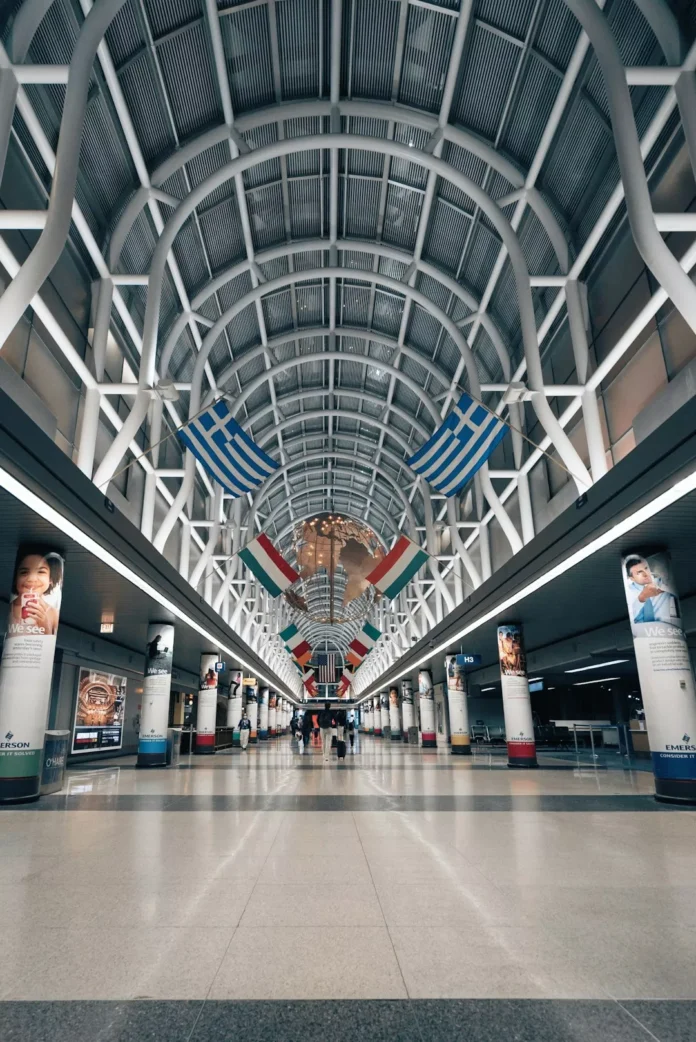Forming journalists is a crucial task in today’s society, where the media plays a fundamental role in informing and shaping public opinion. In order to create a new generation of competent and ethical journalists, it is necessary to provide them with the necessary tools and skills to investigate and report on complex and sensitive issues. This is where the workshop on investigative journalism, “‘Ndrangheta stereotypes and reality” comes into play, led by the renowned journalist Claudio La Camera.
The workshop, organized by the prestigious journalism school “Scuola di giornalismo Walter Tobagi”, aims to train young journalists in the art of investigative reporting, with a particular focus on the ‘Ndrangheta, the notorious Italian mafia organization. The workshop is not only about exposing the negative aspects of this criminal organization, but also about highlighting positive experiences and stories that often go unnoticed.
Claudio La Camera, a well-respected and experienced journalist, is the perfect mentor for this workshop. With over 30 years of experience in the field of investigative journalism, La Camera has a deep understanding of the ‘Ndrangheta and its workings. He has been at the forefront of exposing the organization’s illegal activities and has been personally involved in some of the most high-profile investigations, including the famous “sequestro processo” (kidnapping of the process) case.
The workshop, which is open to both aspiring and experienced journalists, covers a wide range of topics, from the history and structure of the ‘Ndrangheta to the techniques and tools used in investigative reporting. Participants also have the opportunity to learn from real-life case studies and to engage in practical exercises, such as interviewing witnesses and analyzing data.
One of the main objectives of the workshop is to debunk the stereotypes surrounding the ‘Ndrangheta. The media often portrays this criminal organization as a group of ruthless and powerful men, but the reality is much more complex. Through in-depth research and analysis, participants are able to understand the social and economic factors that contribute to the existence and growth of the ‘Ndrangheta. This not only provides a more accurate and nuanced portrayal of the organization, but also helps to dispel the fear and misconceptions surrounding it.
Moreover, the workshop also aims to shed light on the positive experiences and stories within the ‘Ndrangheta. While it is important to expose the illegal activities of this criminal organization, it is equally important to recognize and highlight the efforts of those who are working to combat it. Participants have the opportunity to meet and interview individuals who have taken a stand against the ‘Ndrangheta, whether it be through whistleblowing or creating alternative economic opportunities for young people in mafia-controlled areas.
The impact of this workshop goes beyond just forming competent journalists. It also contributes to the fight against the ‘Ndrangheta and organized crime in general. By training journalists to investigate and report on these issues, the workshop helps to bring these topics to the forefront of public discourse and to hold those responsible accountable for their actions.
The success of this workshop is evident in the work of its past participants. Many of them have gone on to become successful investigative journalists, exposing corruption and illegal activities not only in Italy but also in other parts of the world. Their work has not only brought justice to victims, but has also played a crucial role in raising awareness and mobilizing society against organized crime.
In conclusion, the workshop on investigative journalism, “‘Ndrangheta stereotypes and reality”, led by Claudio La Camera, is a valuable opportunity for aspiring and experienced journalists to acquire the necessary skills and knowledge to tackle complex and sensitive issues. By highlighting both the negative and positive aspects of the ‘Ndrangheta, the workshop not only forms competent journalists, but also contributes to the fight against organized crime. It is a step towards a more informed and just society, and one that we should all support and encourage.

